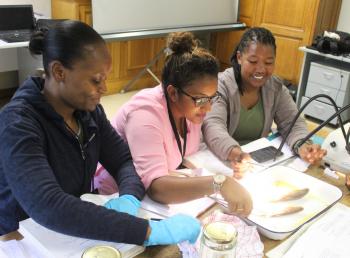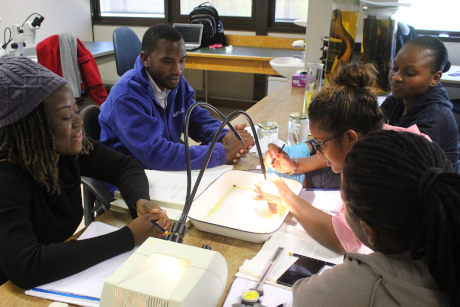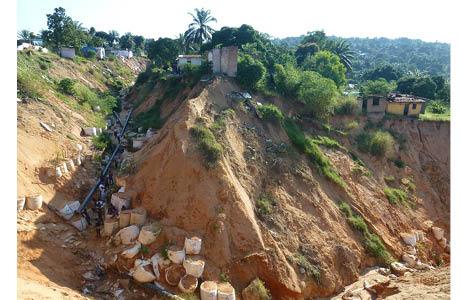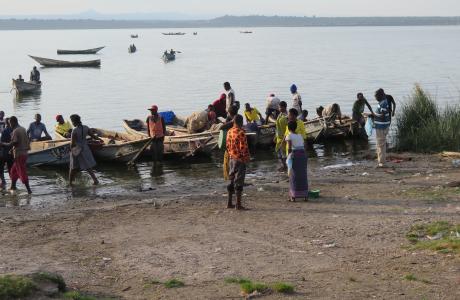Four women researchers join 15th ‘FishBase and fish taxonomy’ annual workshop for five African scientists
Each year, the RMCA organizes a three-month training course on fish taxonomy and the use of FishBase for five African researchers. In a milestone, four of this year’s five participants are women.

FishBase for Africa
From April to June 2019, the RMCA is hosting five early-career ichthyologists from South Africa, Cameroon, Tanzania, and Ethiopia. These researchers are here to refine their knowledge and skills in fish taxonomy and learn the ins and outs of the FishBase database.
FishBase contains information on more than 34,000 fish species, making it the largest ichthyological database in the world. Each month, the database is consulted by around 400,000 unique visitors. Museum ichthyologists, who were among the creators of the FishBase consortium, handle the sections on fresh and saltwater African fishes, Fishbase for Africa, which has records for some 3,500 species.
Women scientists
For the fifteenth edition of the workshop, four women are among the trainees. ‘There have never been as many women participants as now. In previous years, not a single trainee was female,’ said Tobias Musschoot (RMCA). ‘We are delighted that more women are joining this training, for which we aim to attract talented and promising researchers and PhD students.’
Fish taxonomy in practice
Theoretical lectures on fish systematics, taxonomy, and proper specimen collection and conservation are followed by practical exercises on fish identification, during which trainees became familiar with identification keys, literature, and characters that are useful in the identification of certain taxa. ‘The idea is for trainees to acquire practical experience in fish identification, in a way that will mirror conditions in their future research efforts,’ said Tobias.
Fish of the week
The first set of identification exercises involved mainly West African fishes. The museum could not only provide numerous identification keys and references, but also give access to a large collection of specimens from that region.
The trainees receive one fish every week. ‘Sometimes we deliberately choose difficult cases or unknown species for the trainees,’ said Tobias. ‘Very many species are still difficult to identify. There is still a lot of work to be done for the Congo Basin, for instance.’
The three-month training course on fish taxonomy and FishBase is organized with the financial support from the DGD.
Identification exercise on West African fishes during the first week of the workshop.



